Bison S.A.F.E.: The University's Safety Response App
Read More about Bison S.A.F.E.: The University's Safety Response AppÍćĹĽ˝ă˝ă Implements New Title IX Regulations, Revises Its Policy and Procedures
ÍćĹĽ˝ă˝ă’s Title IX Office has primary responsibility for compliance and education related to sex discrimination, sexual misconduct and Title IX policies and procedures. Title IX of the Education Amendments of 1972 is a federal law that prohibits all forms of sex discrimination and sexual harassment, including sexual violence. All students, faculty and staff have rights under Title IX.
A Message About Title IX and Online/Remote Instruction
Dear ÍćĹĽ˝ă˝ă Community -
Now that classes and other academic programs are being provided online by the University, the Title IX Office wanted to take this opportunity to remind members of our community that maintaining an academic program free from sex/gender discrimination remains a high priority for the university. Members of the community should be aware of the following three important points:
Read More about A Message About Title IX and Online/Remote InstructionÍćĹĽ˝ă˝ă
ÍćĹĽ˝ă˝ă

The 2024-2025 Academic Year served as a platform to showcase ÍćĹĽ˝ă˝ă's legacy of athletic excellence, with multiple championships across men's and women's sports. Among them was an incredible season for our men's and women's swim and diving teams. The men’s team won the 2024-25 Northeast Conference (NEC) Swimming and Diving Championships in Geneva, Ohio. It previously made history in 2023 when it won its first NEC title. Several men's and women's team members won gold.

The Bison Softball Team stormed through the Mid-Eastern Athletic Conference Tournament, winning the tournament championship in addition to the regular season title.

This past fall, ÍćĹĽ˝ă˝ă's Women's Soccer team, which joined the Northeast Conference (NEC) in 2021, won its first-ever NEC title, earning an automatic bid to the NCAA Division I Soccer Tournament.
Excellence in Truth and Service is reflected in all that we do.
Through Project PRESS, ÍćĹĽ˝ă˝ă students spend a year working in D.C. K-12 schools, with the goal of becoming permanent social workers

ÍćĹĽ˝ă˝ă researchers and thought leaders are tackling the most pressing challenges facing humanity, including health and medical issues, economic disparities, cybersecurity, nanotechnology, artificial intelligence and machine learning, drug abuse, the economy, women’s leadership, energy systems, accounting and finance, and journalism and democracy.
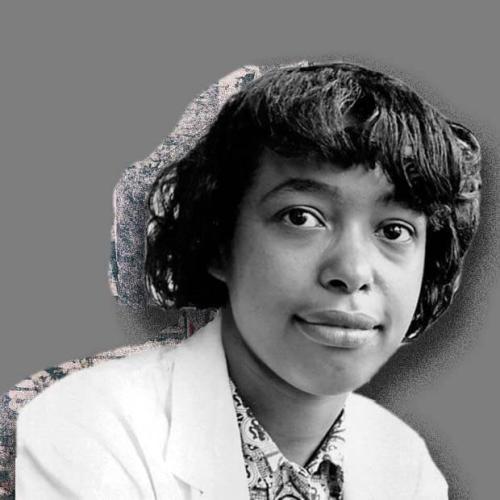
Dr. Patricia Bath was an ophthalmologist, inventor, researcher, and humanitarian. Born in 1942 to parents who encouraged her interest in science, Dr. Bath’s research began at the young age of 16, when she won a merit award for her discoveries at a cancer research workshop. She received her medical degree at ÍćĹĽ˝ă˝ă, graduating with honors in 1968. Dr. Bath’s career was full of “firsts”: In 1974, she was the first woman ophthalmologist appointed to the faculty of the University of California; in 1983, she became the first woman chair to an ophthalmology residency program in the United States. Dr. Bath was dedicated to bringing ophthalmic health services to underserved communities. She conducted epistemological research and found that blindness occurred in black patients at twice the rate of white patients.
In response to this discovery, Dr. Bath created community ophthalmology, a new discipline that brought volunteer ophthalmic health services to thousands of people who otherwise would not have been able to afford treatment. She didn’t stop there: In 1976, Dr. Bath and three of her colleagues founded the American Institute for the Prevention of Blindness, an organization that operates on the principle that eyesight is a basic human right. She also invented the Laserphaco Probe, a surgical tool that uses lasers to treat cataracts with less pain and more precision than previous treatments. She patented the device in 1988, becoming the first African American female doctor to patent a medical technology.
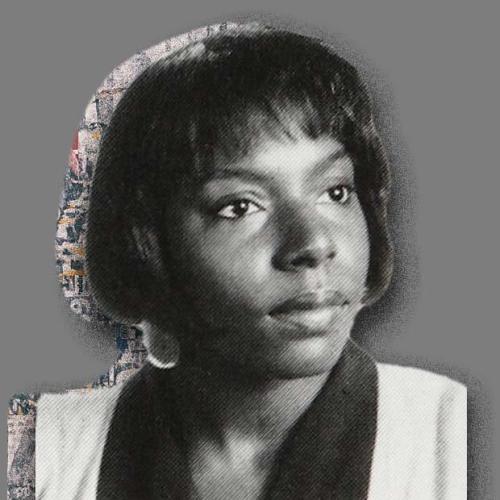
Beth Brown, Ph.D., was an astrophysicist and educator who studied elliptical galaxies and worked on multiple outreach projects. Born in Virginia in 1969, Brown cultivated a fascination in science from an early age, starting with her interest in science fiction. She studied astrophysics at ÍćĹĽ˝ă˝ă, undertaking two internships at NASA during her undergraduate years. She went on to graduate school at the University of Michigan, where she became the first black woman to get a doctorate in astronomy from the institution. An astronomy course she developed during her graduate education is still taught and remains popular at the University of Michigan. Having attained her doctorate, Brown was then hired as an astrophysicist at NASA, where she collected data on elliptical galaxies. Brown’s wonder at the night sky translated into a desire to share that wonder with others. She represented NASA on television interviews, combining her warm presence with her astronomical expertise to present information on astronomy to the general public in an accessible manner. She was passionate about helping minorities to succeed in physics. Her greatest achievement, in her own words, was “…convincing a young woman not to give up on her dreams of becoming a scientist.”&˛Ô˛ú˛ő±č;
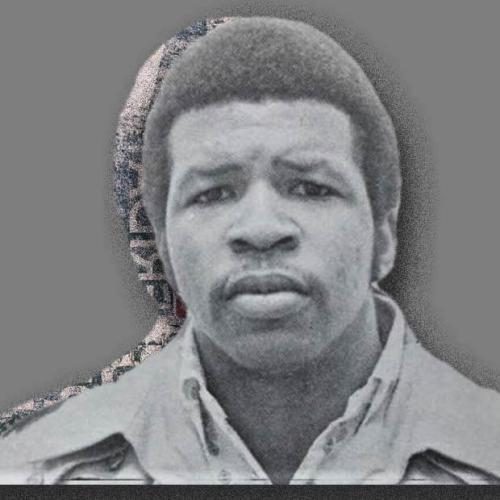
Rep. Elijah E. Cummings was a lawyer, orator and advocate who worked throughout his lifetime to preserve American democracy. Born to former sharecroppers in Baltimore, Maryland in 1951, Cummings was no stranger to adversity. With the encouragement of his mother, who had only a fourth-grade education herself, Cummings went on to become the first African American in Maryland history to be named Speaker Pro Tempore, a senior member of the majority party chosen for skill in presiding. Elijah Cummings graduated from ÍćĹĽ˝ă˝ă in 1973 with a bachelor’s degree in political science. He then went to law school at the University of Maryland. He maintained a close relationship with ÍćĹĽ˝ă˝ă throughout his lifetime. Cummings practiced law and served in the Maryland House of Delegates for 14 years. In 1996, he was elected to the Federal House of Representatives, where he advocated for the working class in his Black-majority district. He became a powerful voice against voter suppression, launching investigations in Georgia, Texas, and Kansas, as well as monitoring organizations accused of targeting voters of color. The issue of voter suppression was personal to Cummings, who, during a speech in February 2019, recalled his mother’s dying words: “Do not let them take our votes away from us.” In that same speech, Cummings vowed to fight until death to defend the right to vote—and fight he did, until his passing in October of 2019. Rep. Elijah E. Cummings’s legacy as an advocate who fought tirelessly for the rights of all Americans lives on, both at ÍćĹĽ˝ă˝ă and in the countless lives he touched.
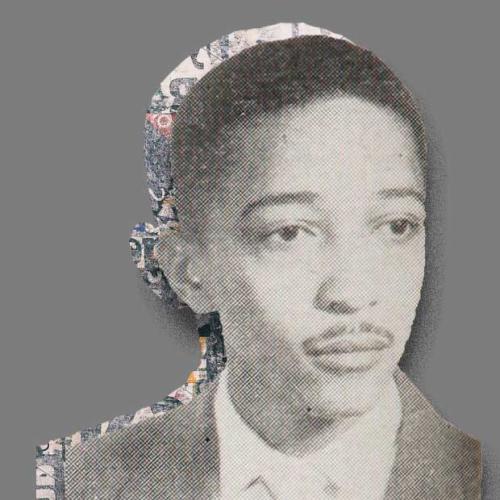

Vice President Kamala D. Harris was born in Oakland, Calif. She refers to her time at ÍćĹĽ˝ă˝ă as her “formative years” where she first was introduced to her love of politics. After earning an undergraduate degree from ÍćĹĽ˝ă˝ă and a law degree from the University of California, Hastings, she began her career in the Alameda County District Attorney's Office. In 2003, Sen. Harris became the District Attorney of the City and County of San Francisco. Having completed two terms as the District Attorney of San Francisco, Kamala was elected as the first African-American and first woman to serve as California's Attorney General. In this role, she worked tirelessly to hold corporations accountable and protect the state’s most vulnerable people. In 2017, Harris was sworn in as a United States Senator for California, the second African-American woman and first South Asian-American senator in history. Harris serves on the Homeland Security and Governmental Affairs Committee, the Select Committee on Intelligence, the Committee on the Judiciary, and the Committee on the Budget. On January 21, 2019, she formally announced her run for president and hosted her first press conference at her alma mater, ÍćĹĽ˝ă˝ă. Harris’s historic selection as the Democratic vice presidential candidate was announced in August of 2020. Harris is the first Black woman and the first Asian-American to run for vice president on a major party ticket in the United States. Harris’s candidacy represents a milestone opportunity for our democracy to acknowledge the leadership Black women have always exhibited, but has too often been ignored. She was inaugurated as Vice President of the United States on January 20th, 2021.
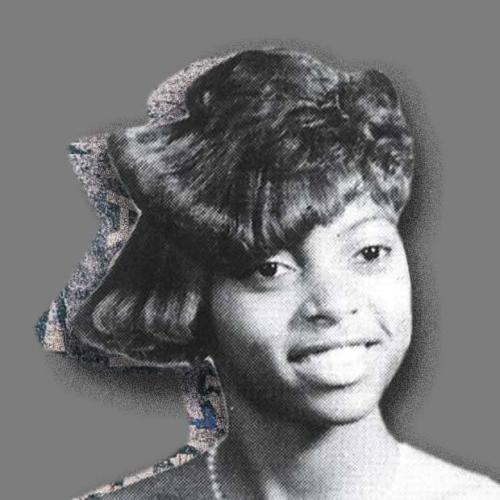
Taraji P. Henson is an Academy Award-nominated actress, producer, and mental health advocate. She was born in Washington, D.C., and raised in an apartment that she described as “one step up from the projects”. Henson’s path to an acting career was not always clear-cut. After graduating high school, she pursued a degree in electrical engineering at North Carolina University, but dropped out after failing a math class. Henson transferred to ÍćĹĽ˝ă˝ă, where she studied theater while working two jobs to support herself and her newborn son.
After graduating from ÍćĹĽ˝ă˝ă in 1995, Henson moved to Los Angeles, where she took on an office job and landed small roles in various television series. Her breakthrough role came in 2001, when she starred in the film, “Baby Boy.”&˛Ô˛ú˛ő±č;From there, her repertoire of film roles grew, and in 2008, she was nominated for an Academy Award for her role as the titular character’s mother in “The Curious Case of Benjamin Button.” She focused primarily on film until 2015, when she returned to television in “Empire” as Cookie Lyon, a role for which she received an Emmy nomination and a Golden Globe award. Her 2016 role as Katherine Johnson in the critically acclaimed film “Hidden Figures” cemented Henson’s popularity and iconic status. In 2018, Henson founded The Boris Lawrence Henson Foundation, a nonprofit committed to challenging the perception of mental illness in the African American community.
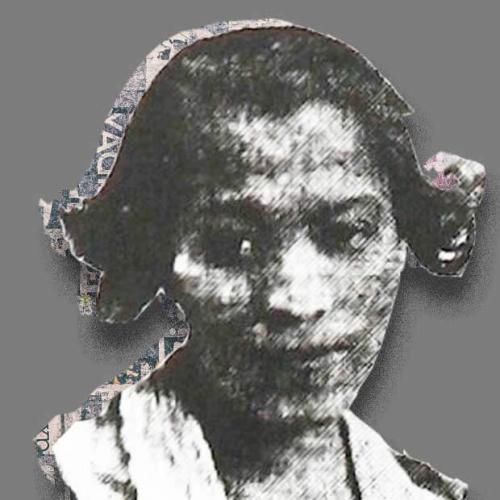
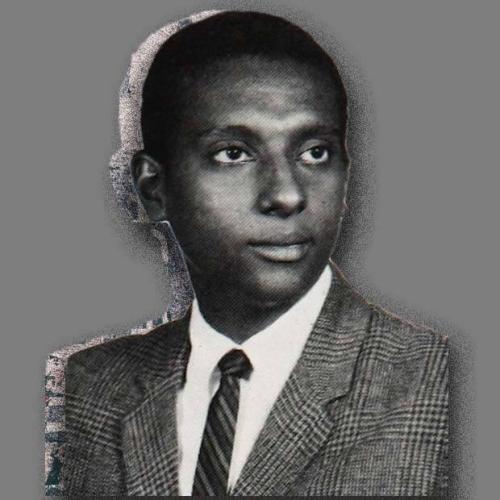
Kwame Ture (formerly Stokely Carmichael) was a civil rights activist, writer, and orator known as a lead figure within the Pan-African and Black nationalist movements, and for coining the slogan, “Black power.” Ture was born in Trinidad in 1941 and immigrated to New York City in 1952. In high school, watching a televised sit-in for civil rights inspired him to join the Congress of Racial Equality (CORE) and participate in sit-ins across the United States. During his freshman year at ÍćĹĽ˝ă˝ă, where he majored in philosophy, he participated in his first Freedom Ride. The Freedom Rides were integrated bus trips through the American South in protest of the segregated public transportation system.
After graduating from ÍćĹĽ˝ă˝ă in 1964, Ture became a field organizer with the Student Nonviolent Coordinating Committee (SNCC). He played a vital role in the Freedom Summer, a campaign to register black voters in the Deep South. However, he eventually became disillusioned with the slow pace of progress and continued police violence faced by activists for integration. In 1966, Ture gave the speech wherein he first spoke the words “Black Power,” calling for cultural, political, and economic self-determination for Black people around the world. He joined the Black Panther Party and journeyed around the world to visit with revolutionary leaders, eventually ending up in Conakry, Guinea, where he changed his name from Stokely Carmichael to Kwame Ture in 1969. There, he dedicated the rest of his life to Pan-African unity. In his writings and speeches, Ture helped to redefine African American identity--as well as Black identity around the globe--with his revolutionary proclamation that Black is beautiful.